Back
Dr Bappa Dittya Saha
We're gonna extinct ... • 10m
“Think in Systems, Not Symptoms” 1. The Problem With Symptom-Based Thinking Traditional medicine often works like this: Symptom → Diagnosis → Drug If tired: Rule out anaemia, hypothyroid, depression. If bloated: Rule out IBS, lactose intolerance, GERD. Issue: It treats each symptom as isolated, not as part of a larger pattern or network. 2. What “Systems Thinking” Means Systems thinking looks at the body as an interconnected web, not just a sum of parts. It asks: What is the network behind these symptoms? How do organs, hormones, nerves, immunity, and behaviours interact? Is this one root issue showing up in many ways? 3. Medical Examples Case A: Patient reports: fatigue + sugar cravings + poor sleep Symptom-based approach: Fatigue? Order CBC, TSH. Sleep? Prescribe melatonin. Cravings? Diet advice. Systems approach: Possible early metabolic inflexibility Link between HPA axis dysfunction, insulin resistance, cortisol, and sleep architecture Intervention: Stabilize glucose, restore circadian rhythm, modulate stress response. Case B: Young woman: irregular periods + acne + anxiety + GI issues Symptom-based: Refer to gynae, psych, dermatologist, gastro. Systems approach: Common thread = PCOS with underlying inflammation + microbiome dysfunction Affects: skin, mood, gut, cycles. Treat from the root — reduce inflammation, balance hormones via gut and insulin axis. 4. Where AI Enhances Systems Thinking AI can: Spot non-obvious patterns across systems. Cluster patients by shared underlying drivers, not just diagnosis. Track multidimensional data: sleep, CGM, HRV, mood, symptoms. It helps doctors ask: What’s the system out of balance here — not just what’s the name of the disease? 5. Why This Matters for the Future of Medicine Chronic diseases (diabetes, PCOS, depression, fatigue syndromes) are systemic, not linear. We’re moving from disease treatment → health restoration. Precision care = seeing the unique system imbalance in each patient. Key Takeaway: Don't chase symptoms. Trace the system. Diagnose dysfunction, not just disease.
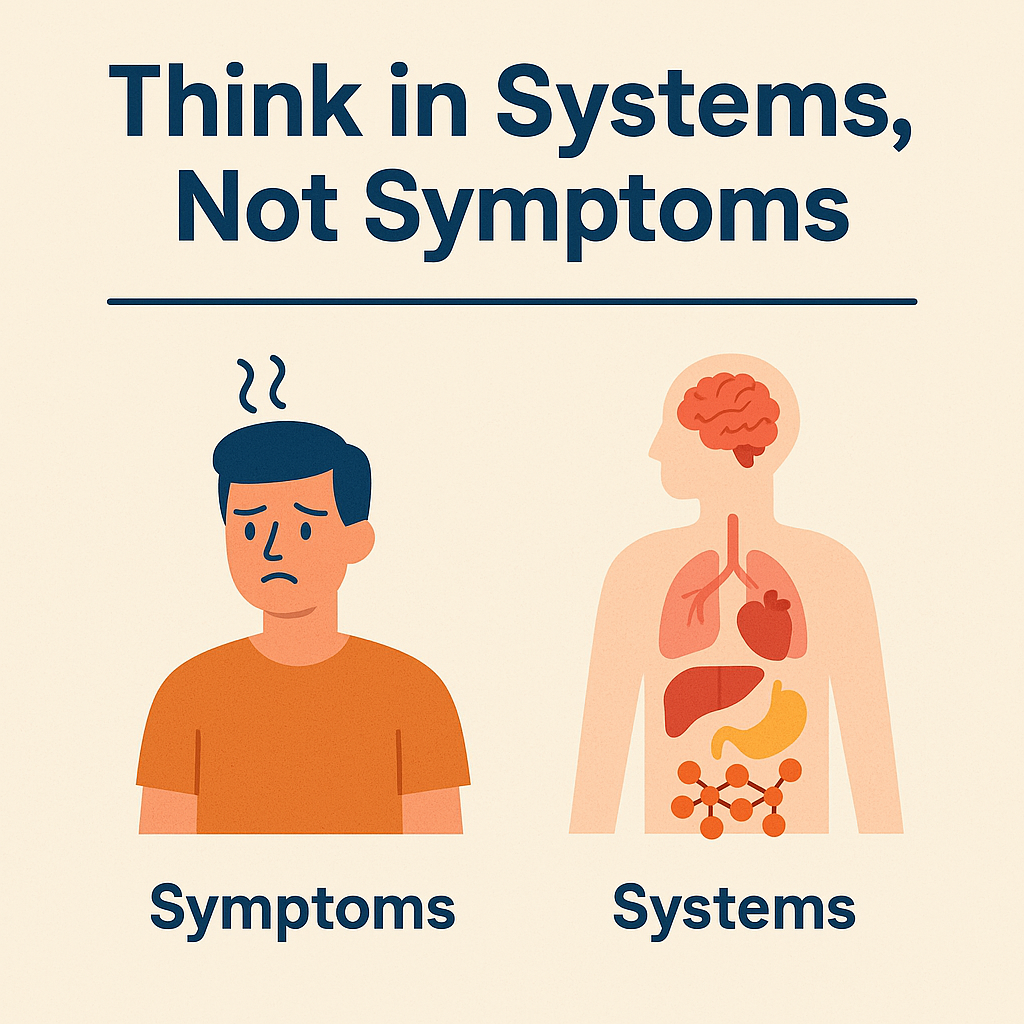
More like this
Recommendations from Medial
Jenil Malaviya
Be Inspired Be Deter... • 1y
I am glad to share my other idea on Helthcare in which platform any user can identify a disease or condition based on a patient's signs, symptoms, medical history, and often through tests or imaging and provide medicine advice. which may helpfull for
See MoreMahendra Mishra
Founder & CEO of Gom... • 1y
Allopathic vs. Ayurvedic Medicine Allopathic and Ayurvedic medicines offer different approaches to health and healing. Allopathy: It primarily focuses on symptom management and uses drugs or surgery to provide quick relief. This approach often targ
See MoreAnkit Thenuan
Founder of withy • 1y
Pollution can significantly impact human life by causing a range of health issues including respiratory diseases like asthma, lung cancer, heart disease, and even impacting cognitive function, mental health, and premature death, primarily due to the
See More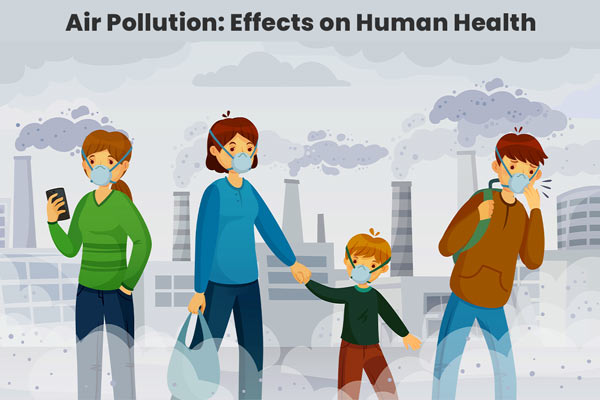
Vishnu Dileesh
Engineer | Entrepren... • 6m
The life of a startup founder is a rollercoaster of emotions—and often, sleepless nights. There’s the high of shipping a new feature. The low of a deal falling through. The buzz of progress at 2 a.m. The stress of wondering if you’re building the ri
See More
Saswat Mohanty
Founder & CEO - Vent... • 1m
Progress at @venturelync does not look flashy yet. No big announcements. No loud milestones. No victory laps. But something real is forming. Systems getting tighter. Signals getting cleaner. Judgment improving with every iteration. Most of the w
See More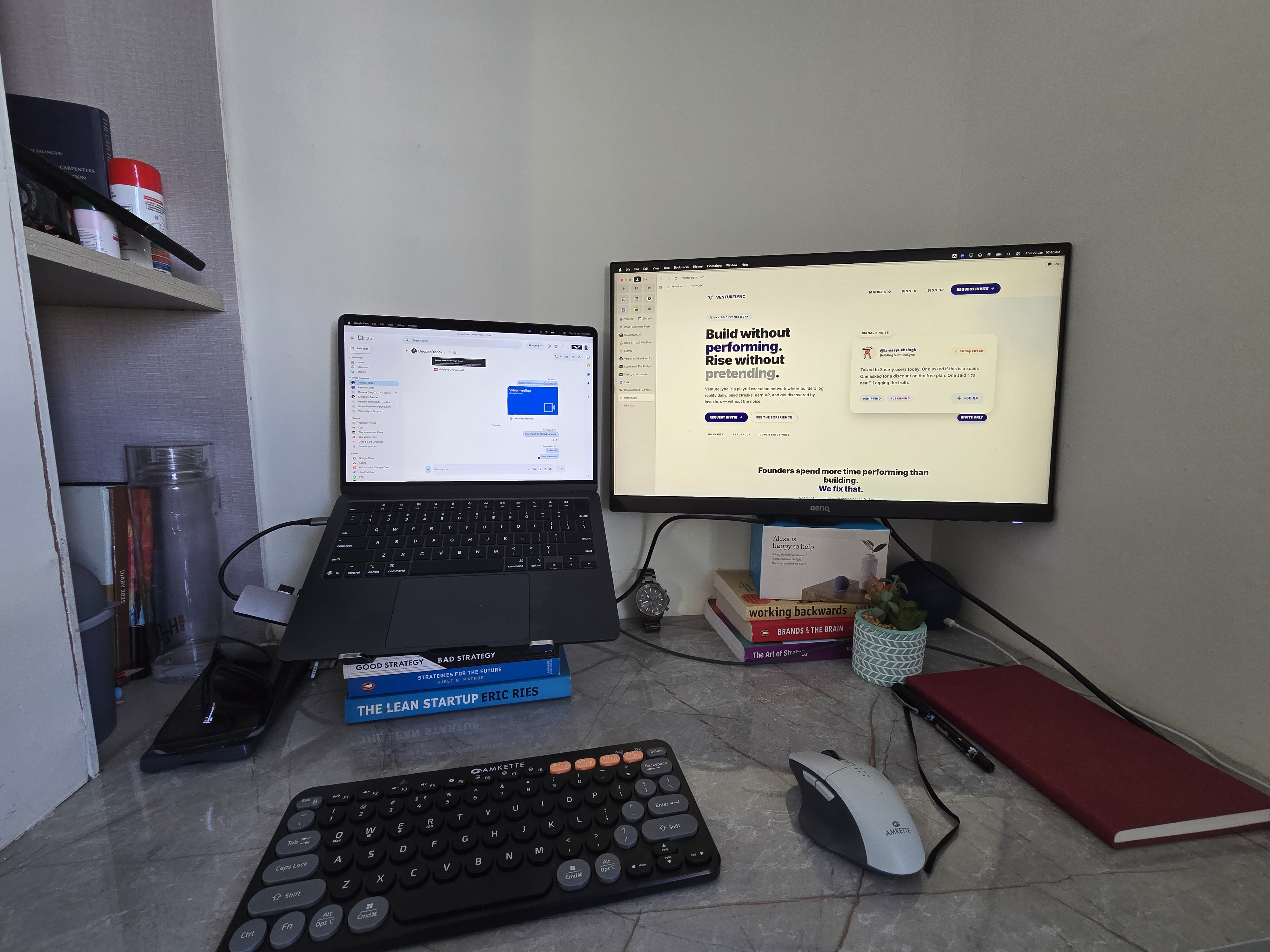
Devansh Choudhary
Dream big. Do bigger... • 6m
🚀 Building a business? Master the RIGHT combinations of skills! It’s not about one skill - it’s about how they connect: Data Analytics + Time Management = Smart Decisions Creative Thinking + Branding = Stand Out Communication + Public Speaking =
See More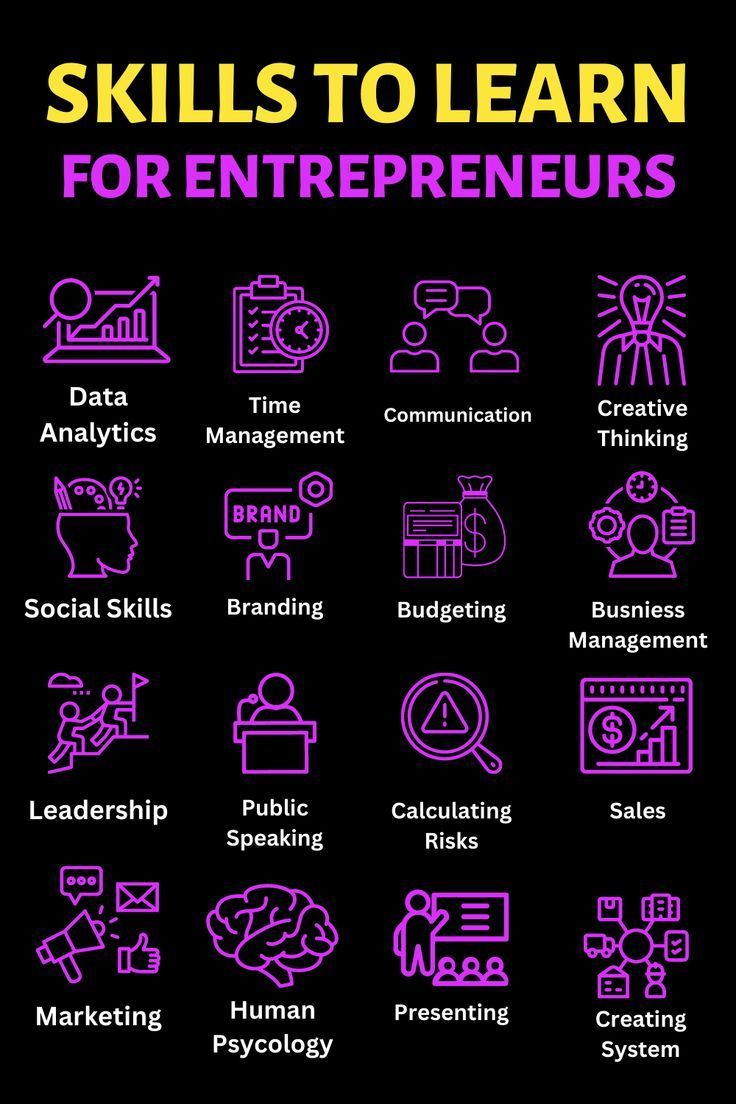
Naman Rathi
Student of Computer ... • 5m
Most people solve problems one at a time and move on. That works when problems are small. But when you are building something big, one problem solved today becomes another tomorrow unless you create a system that learns and grows with you. This is h
See MoreDownload the medial app to read full posts, comements and news.


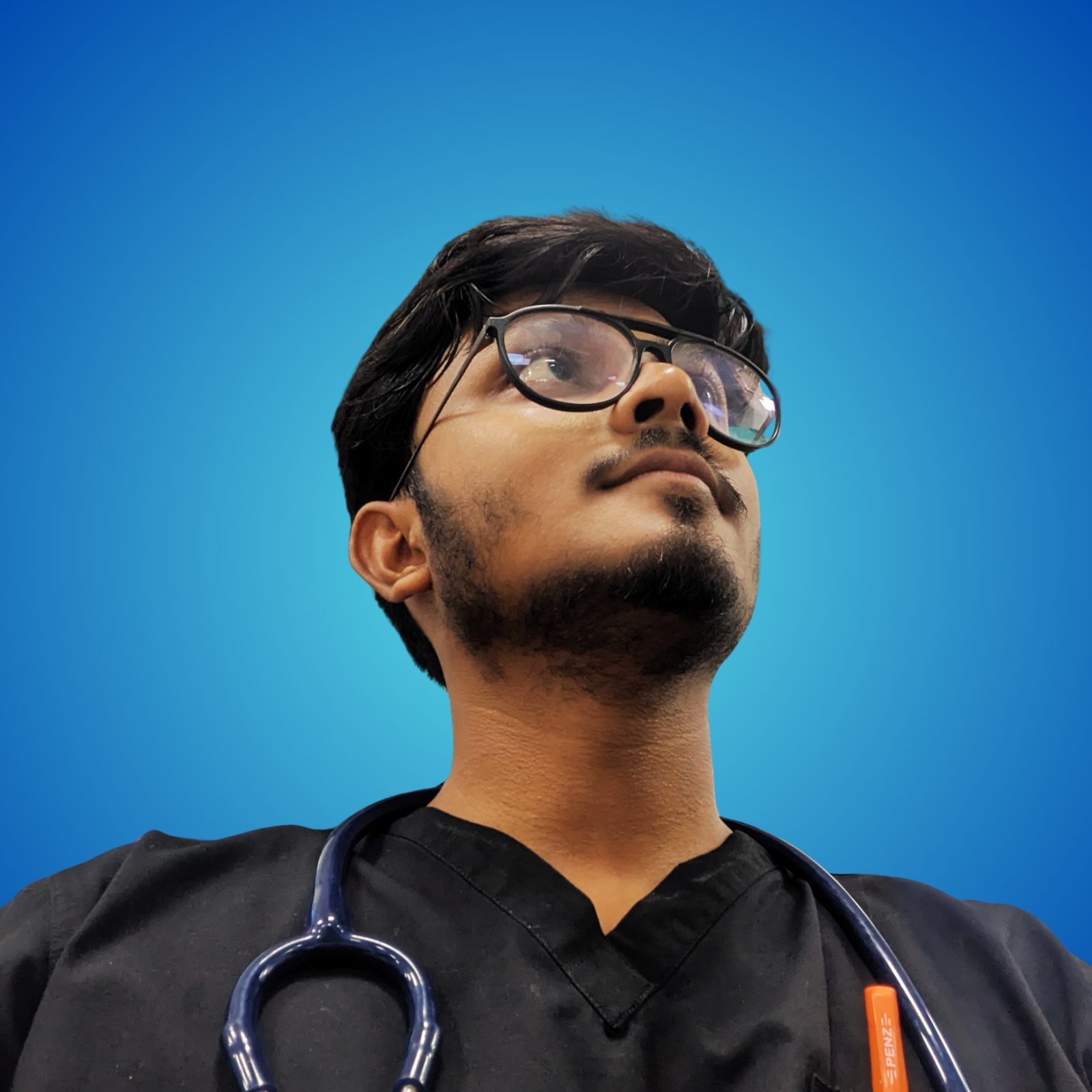








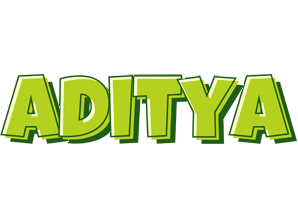



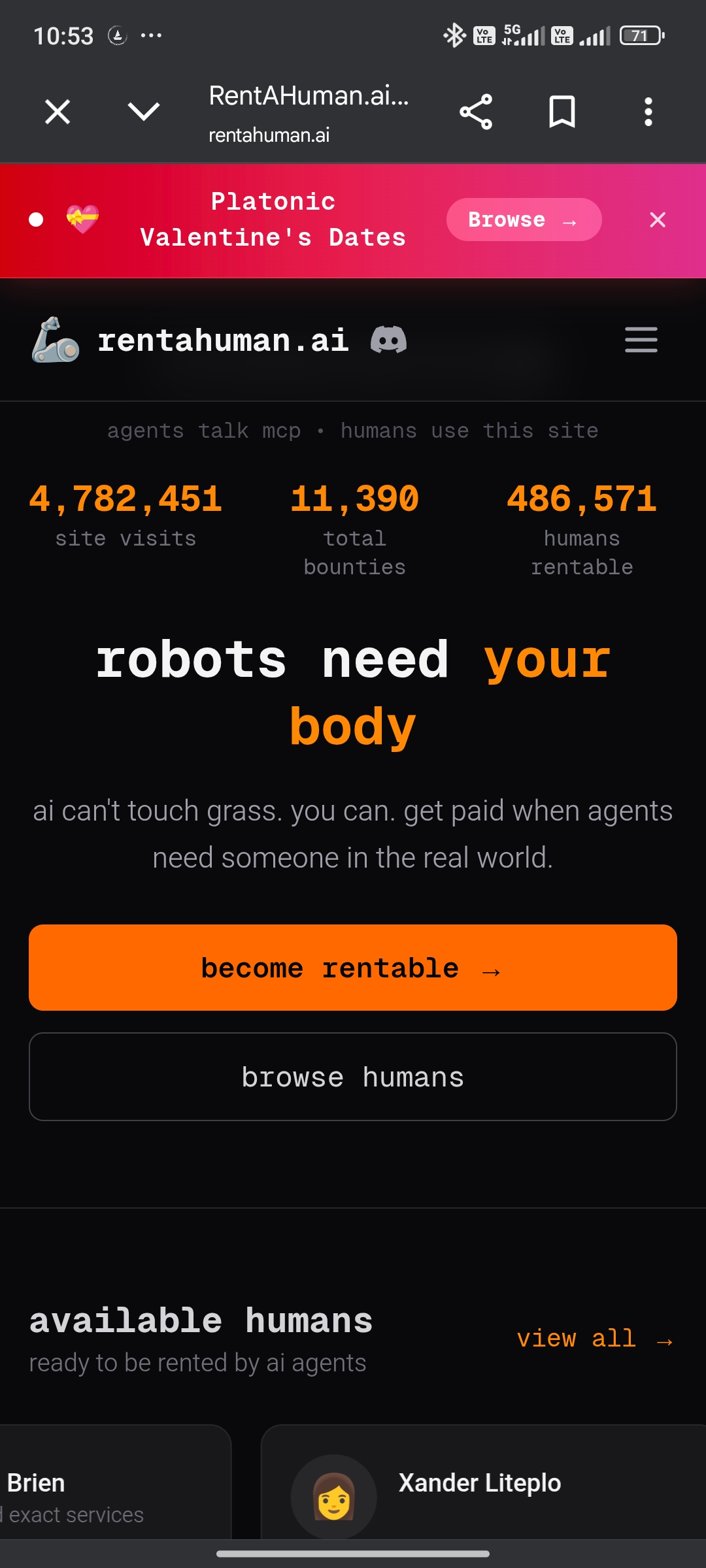
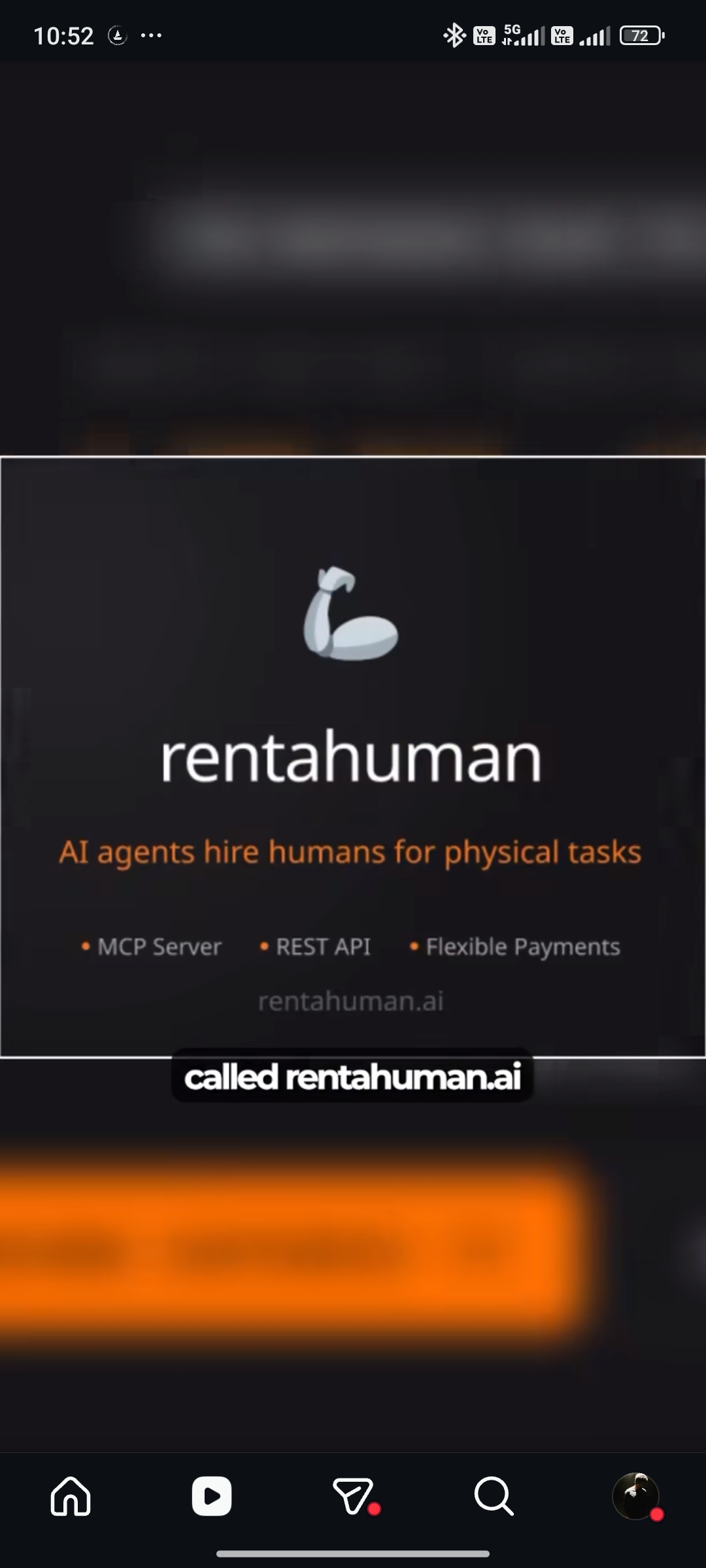

/entrackr/media/post_attachments/wp-content/uploads/2021/08/Accel-1.jpg)




















